 |
| Crude oil samples at the Yarakta oil field, Irkutsk region, Russia. (Source: Reuters) |
That compares with less than 86 million tonnes imported from Saudi Arabia, and marks the first time since 2018 that Russia has been China’s largest crude oil supplier.
Refiners in the Northeast Asian country have turned to Moscow oil for its cheaper prices and relatively short shipping routes, while higher Saudi oil prices and recent disagreements with exporter Iran continue to boost demand for Russian oil.
According to Bloomberg calculations based on customs data, China's import value of Russian oil in 2023 will reach 60.6 billion USD, equivalent to an average price of about 77 USD/barrel.
Iraq and Malaysia are expected to be China's third and fourth largest crude oil suppliers in 2023, data shows.
Moscow is also the top fuel oil supplier to the world's No. 2 economy in 2023, shipping 9.6 million tonnes. Malaysia is the second-largest exporter, supplying 6.93 million tonnes.
* The International Energy Agency (IEA) said that in December 2023, Russian oil exports reached 7.8 million barrels/day, exceeding the pre-Covid-19 level and the highest since March 2023. However, revenue in December last year was only about 14.4 billion USD, the lowest level in 6 months.
According to the organization, the drop in oil prices is the reason why the country's revenue and profits from "black gold" have stagnated. Discounts have increased while prices have fallen, causing revenue to plummet but still at an "acceptable" level.
In 2023, Moscow is actively shifting energy sales from the West to Asia, making the most of its old fleet to transport crude oil.
Russia has been steadily increasing its discounts for countries that buy fuel from it, such as China and India. Russia mainly supplies energy to "friendly countries".
Meanwhile, supplies to other competitors, such as the European Union (EU), fell by nearly 78%.
IEA predicts: "Moscow's crude oil export revenue will increase again when market prices go up, due to the impact of geopolitical instability in the Middle East".
Source





![[Photo] Buddha's Birthday 2025: Honoring the message of love, wisdom, and tolerance](https://vphoto.vietnam.vn/thumb/1200x675/vietnam/resource/IMAGE/2025/5/12/8cd2a70beb264374b41fc5d36add6c3d)









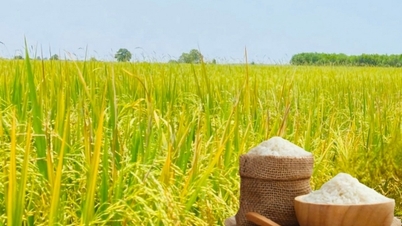

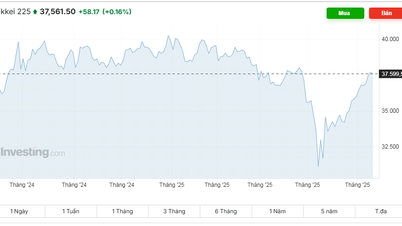












![[Photo] General Secretary To Lam meets and expresses gratitude to Vietnam's Belarusian friends](https://vphoto.vietnam.vn/thumb/1200x675/vietnam/resource/IMAGE/2025/5/11/c515ee2054c54a87aa8a7cb520f2fa6e)
![[Photo] General Secretary To Lam arrives in Minsk, begins state visit to Belarus](https://vphoto.vietnam.vn/thumb/1200x675/vietnam/resource/IMAGE/2025/5/11/76602f587468437f8b5b7104495f444d)






















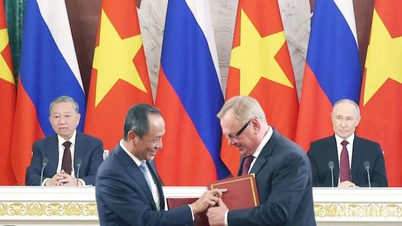










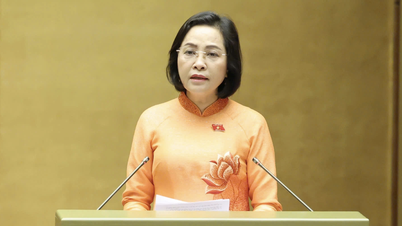


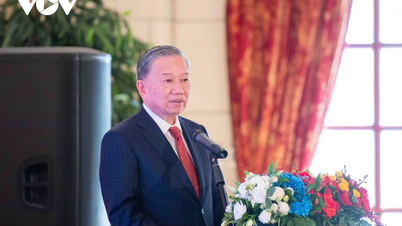






























Comment (0)